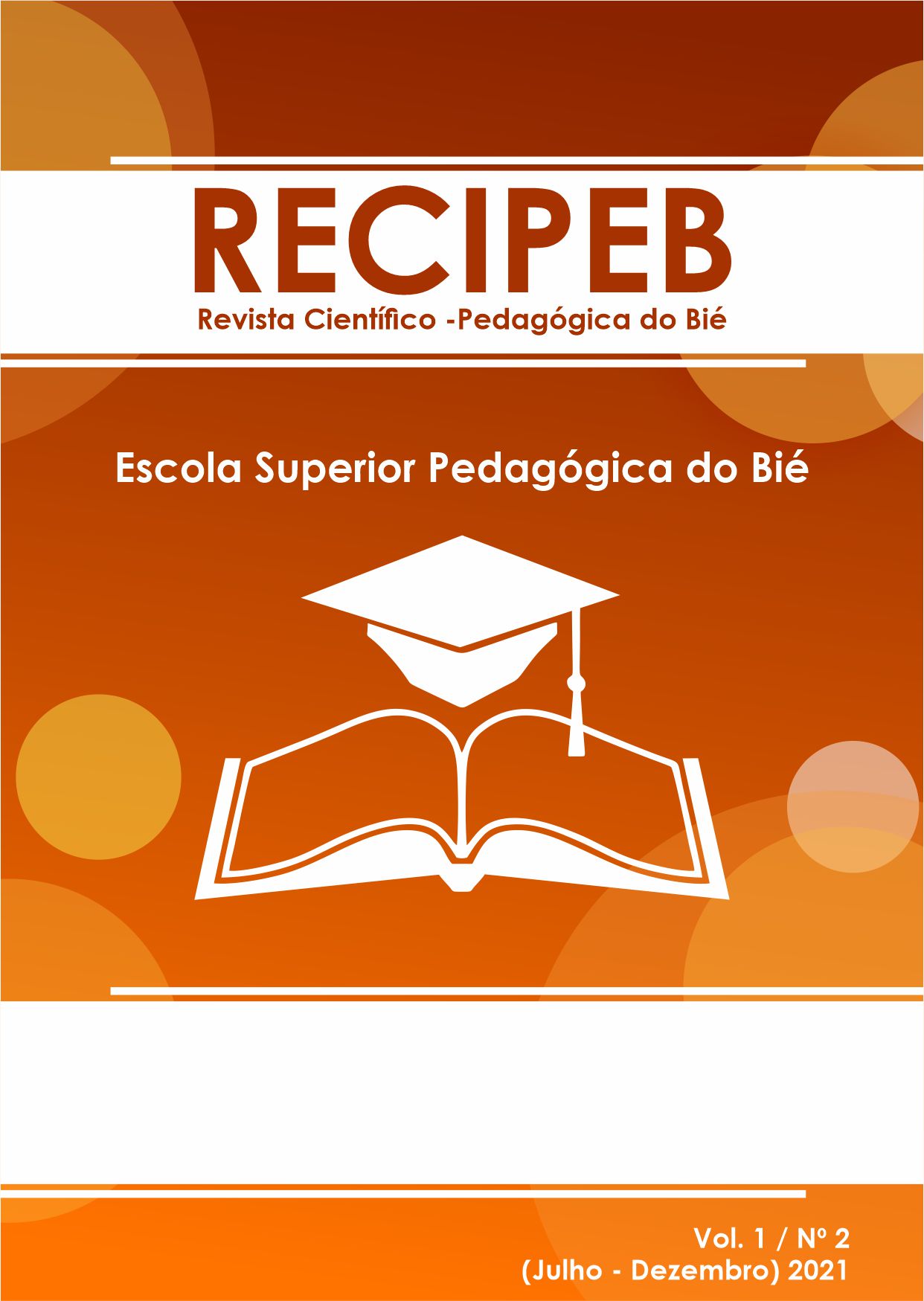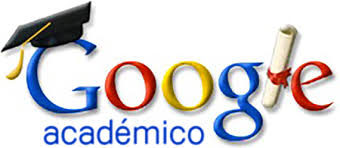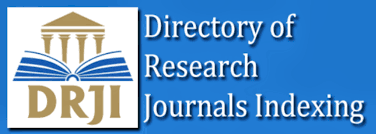O desenvolvimento do pensamento científico e a formação pedagógica em História
Palavras-chave:
Ensino-aprendizagem, pensamento científico, estratégia didáticaResumo
El artículo centra su atención en valorar la efectividad que tiene la propuesta de una estrategia didáctica para contribuir a potenciar el pensamiento científico en los estudiantes que se forman para impartir la asignatura de Historia en la escuela. Este resultado se sustenta en un Proyecto de Investigación sobre el pensamiento científico y su implicación axiológica, el cual se desarrolla en la Universidad Máximo Gómez Báez, se profundizó en los antecedentes teóricos sobre el pensamiento científico desde un enfoque pedagógico, que permita generar un cambio en la dinámica del proceso de enseñanza aprendizaje, que posibilite una modificación positiva en el pensamiento científico de los estudiantes. El proceso investigativo partió de la necesidad de transformar la concepción metodológica en la Disciplina de Didáctica de las Ciencias Sociales ya que manifestaba una tendencia en los estudiantes, de leer los materiales de apoyo, las fuentes de consultas y reproducirlas, sin que mediara un razonamiento, un estudio teórico, la constatación de la teoría con las manifestación en la práctica educativa, que promoviera vías de solución a las causas que generan las problemáticas, por lo que se necesita transformar dicha realidad educativa que le permita a su vez en su interacción con los programas de la escuela potenciar un pensamiento abierto, reflexivo en la educación general, un proceso de enseñanza aprendizaje que propicie en los alumnos la crítica, la valoración personal, que pregunten, que resuelvan problemas de forma contextualizada, de ahí la importancia que tiene abordar el tema desde la formación de este profesional.
Referências
Álvarez, C. (1989). Fundamentos teóricos de la dirección del proceso docente-educativo en la Educación Superior Cubana. Cuba: Editorial Pueblo y Educación.
Báxter E. (1999). La educación en valores. Papel de la escuela. Cuba: CD Evento Internacional Pedagogía 99. Curso 24.
Bermúdez, R. y Rodríguez, M. (2018). Psicología del Pensamiento científico. Cienfuegos: Editorial Universo Sur.
Cuesta, R., Mainer, J., Mateos, J., Merchán, J., y Vicente, M. (2005). Didáctica crítica. Allí donde se encuentran la necesidad y el deseo. Consultado en: http://www.fedicaria.org
Chacón, N. (2000). La formación de valores morales. Propuesta metodológica y experiencias concretas. Centro de Estudios Educacionales. La Habana: Instituto Superior Pedagógico Enrique José Varona.
Curbelo Hernández M.A; Núñez Chaviano Q, y Pérez De Armas M. (2020). Un camino para el perfeccionamiento de la formación de profesionales desde un departamento carrera. En Revista Estrategia y Gestión Universitaria. 8(2). Pp. 118 – 132.
Davidov, V. V. (1978). Problemas fundamentales del desarrollo del pensamiento en el proceso de enseñanza. En: Antología de la Psicología de las Edades y Pedagógica. Moscú. Editorial Progreso.
Estupiñan-Meneses, J.A. (2019). Desarrollo de habilidades en pensamiento Crítico y Científico mediante representaciones iconográficas. En Revista científica Número especial. Bogotá, D.C.
Facione, P. A. (2007). Pensamiento Crítico: ¿Qué es y por qué es importante? California. Editor. Insight Assessment. Consultado en Español: http://www.eduteka.org/PensamientoCriticoFacione.php
Fernández, Reyes, A. y Ávila, Rodríguez, M. M. (2020). La formación de valores en Secundaria Básica mediantes textos de José Martí: una experiencia docente. En Revista Opuntia Brava. 12(4) pp 293-309
Galperin, P. Ya. (1975). Introducción a la psicología. La Habana: Pueblo y Educación.
Hervás, R. M. y Miralles P. (2006). La importancia de enseñar a pensar en el aprendizaje de la Historia. En Revista Educar en el 2000. No. 6 pp34-40
Mackay Castro, R., Franco Cortazar, D. E., y Villacis Pérez, P. W. (2018). El pensamiento crítico aplicado a la investigación. Universidad y Sociedad, 10(1), 336-342.Consultado en: http://rus.ucf.edu.cu/index.php/rus
Piaget, J. (2013). La psicología de la inteligencia. Lecciones en el Collège de France. (1ª edición - especial). Siglo XXI. Buenos Aires: Editores Argentina, S.A.
Pla, L. R. V. (2017). Modelo del profesional de la educación. Sus competencias docentes. España: Editorial Académica Española. Consultado en http://researchgate.net
Pla López R. V; Peñate Hernández, J. I; Rodríguez Companioni, O; García Gutiérrez, A. D; Díaz Echevarría, Y; Díaz González, L; Rodríguez Barrios, M; Vilar de los Santos Finalé M; Arriox Jiménez T; Cadex Marichal Guevara, O; Roque Rodríguez; M; Abreu Valdivia O; Sánchez Morales, J. V. (Colaborador), Rodríguez Domínguez Y; (Colaborador) Meneses Gardeazabal R. (Colaborador). (2021). Desarrollo del pensamiento científico y sus implicaciones axiológicas. Informe de resultado científico del Proyecto de investigación. Primer semestre del año 2021. Universidad Máximo Gómez Báez. Inédito
Platas López, F. (2020), Fundamentos metodológicos del diseño desde la complejidad: El pensamiento complejo de Edgar Morin. UCES.DG • Enseñanza y aprendizaje del diseño 7(14), pp. 48-53 Consultado en https://abre.ai/cwLw
Rodríguez, Díaz A. (2021). El método científico como proceso sistémico: de la Inducción -Deducción a su Representación. En Visum Mundi 5(1), pp 9-26
Romero, M. (2009). Didáctica desarrolladora de la Historia. La Habana: Editorial Pueblo y Educación.
Vigotsky, L. S. (1995). En Obras escogidas. Tomos I y III. Madrid. Editorial. Visor.
Downloads
Publicado
Como Citar
Edição
Secção
Licença
Direitos de Autor (c) 2021 Lourdes Díaz González, Ramón Vidal Pla López, Maité Rodríguez Barros

Este trabalho encontra-se publicado com a Licença Internacional Creative Commons Atribuição-NãoComercial-CompartilhaIgual 4.0.
















